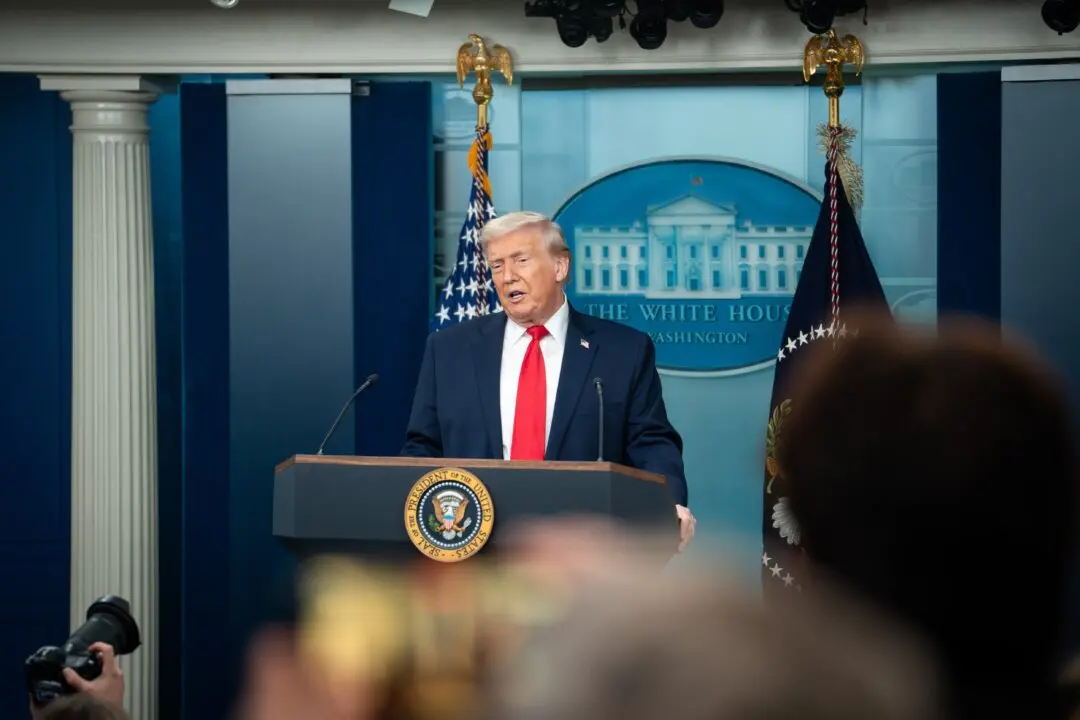The fallout from Disney’s adventure into left-wing ideology escalated this week, as South Carolina announced that it would divest state money from the Walt Disney Company because of what it alleges is a disregard for investors in the company’s pursuit of a leftist progressive agenda.
“Disney has abandoned its fiduciary responsibilities to its investors,” South Carolina State Treasurer Curtis Loftis told The Epoch Times. “If you look at their stock price, market cap, the performance of their movies and parks, you realize that the investment part of their business is not of very much interest to them.”





